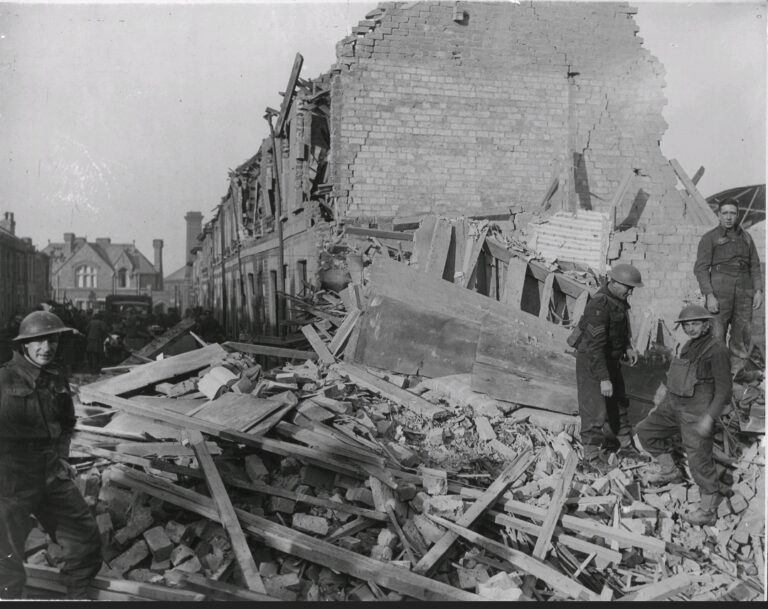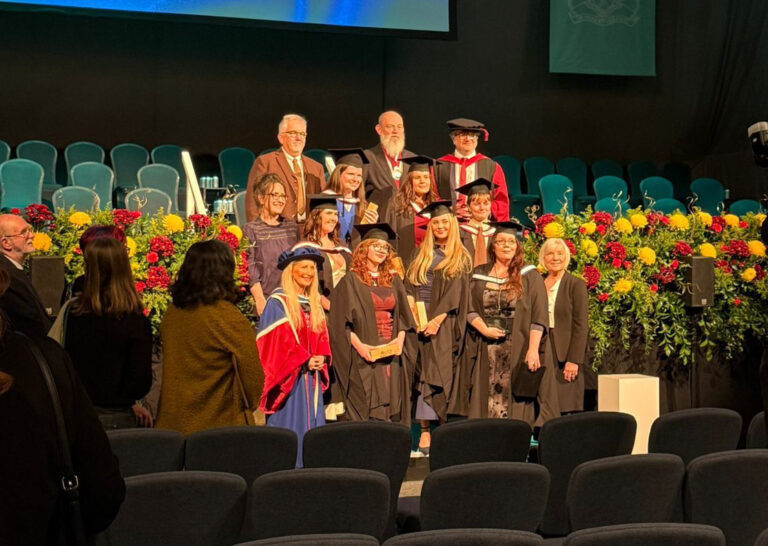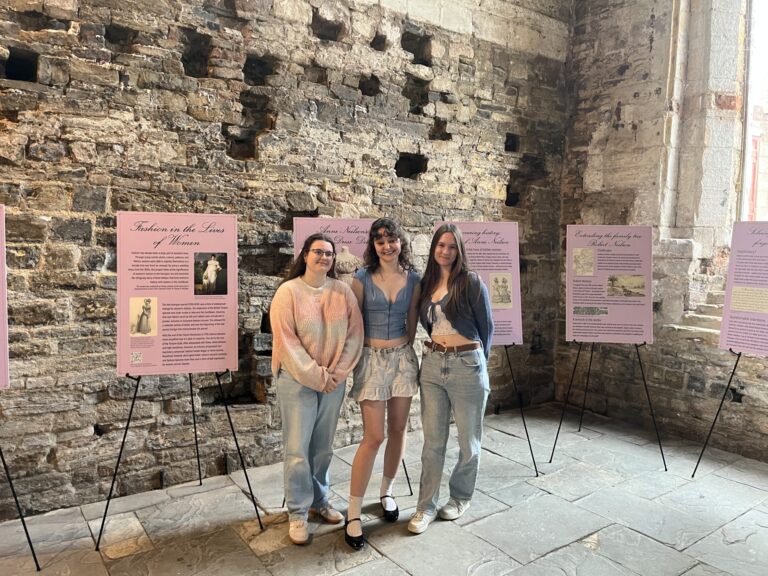| History
Christian O’Connell receives International History Review Research Award
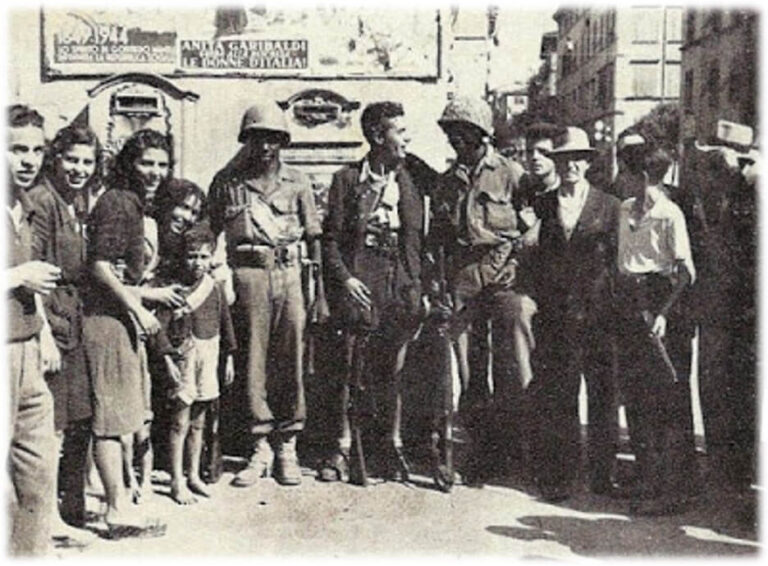
The history blog has been relatively quiet of late, somewhat reflective of the busy marking period that characterises May and June of the academic year. However, I’m happy to break the radio silence by reporting the welcome news that I’ve been awarded the inaugural International History Review Research Award. This prize offers funds to support a research trip and will publish the article that is produced as a result in the journal, The International History Review.
My award is based on a project entitled ‘Bringing Columbus Home: Memories and Legacies of the African American Presence in Italy during WWII’, which aims to contribute to scholarship on the transatlantic experiences of African Americans service personnel during WWII. These experiences were highly significant in shaping attitudes that would be fundamental to the American Civil Rights struggle, fuelling a more robust intolerance of American racism in the post-war era. Indeed, since Richard Dalfiume defined WWII as the ‘forgotten era’ of the black freedom struggle in 1968, considering the effects of the war domestically for American race relations, scholars have also been exploring how the military was an important site of challenge and resistance to racial prejudice. A perfect example is Thomas Guglielmo’s recent analysis of a ‘martial freedom movement,’ which considers the varied ways black GIs challenged the segregationist practices of the Jim Crow army from within.

My focus is to expand the study of military experiences beyond direct challenges to racism by exploring the significance of relationships between black GIs and Europeans, with a particular focus on Italy. Despite representing a significant proportion of the black presence in Europe, including the 92nd Division’s ‘Buffalo Soldiers’ and the ‘Tuskegee Airmen,’ the Italian campaign has seen less scholarly attention compared to the UK, France or Germany, and also been the subject of considerable romanticism, exemplified in popular movies such as Red Tails (2012). However, as I have been discovering through analysis of oral testimonies, black GIs had many other experiences which seem to have been as transformative as serving in the military. These men made the most of their ‘rest and recuperation’ and immersed themselves in Italian culture through tourism and relationships with Italians. These were crucial elements of their time in Europe which left important, yet underappreciated marks on the places they visited.
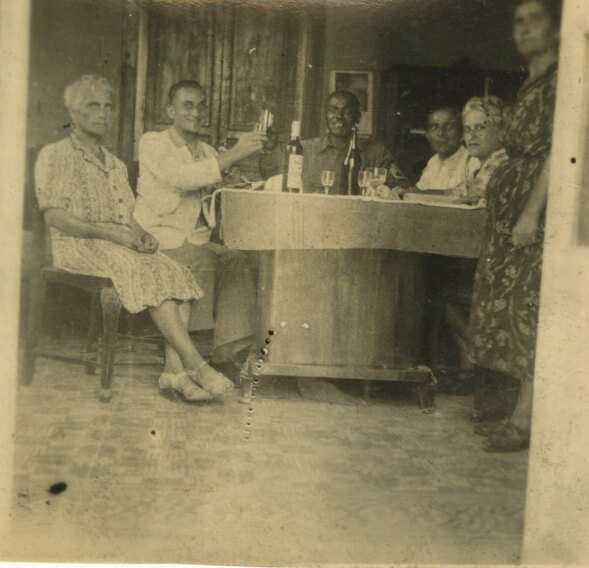
Next year I will conduct fieldwork in Italy to explore the legacies of the African American presence in Italy. Visits to towns along the former ‘Gothic Line’ In northern Tuscany and Liguria will allow for an exploration of the ways in which the actions of African Americans have been commemorated and memorialized in the 21st century. I am planning on conducting interviews with both civilians and officials who presided over commemorative events that have seen many black veterans return to Italy. I will also be visiting municipal and state archives in Genoa to explore the significance of a public ceremony after the war where thousands of liberated citizens witnessed the 92nd Division return the ashes of Christopher Columbus to the city in May 1945. For me, this underexplored event marks the extent and importance of socio-cultural exchange between African American and Italians during the war.


